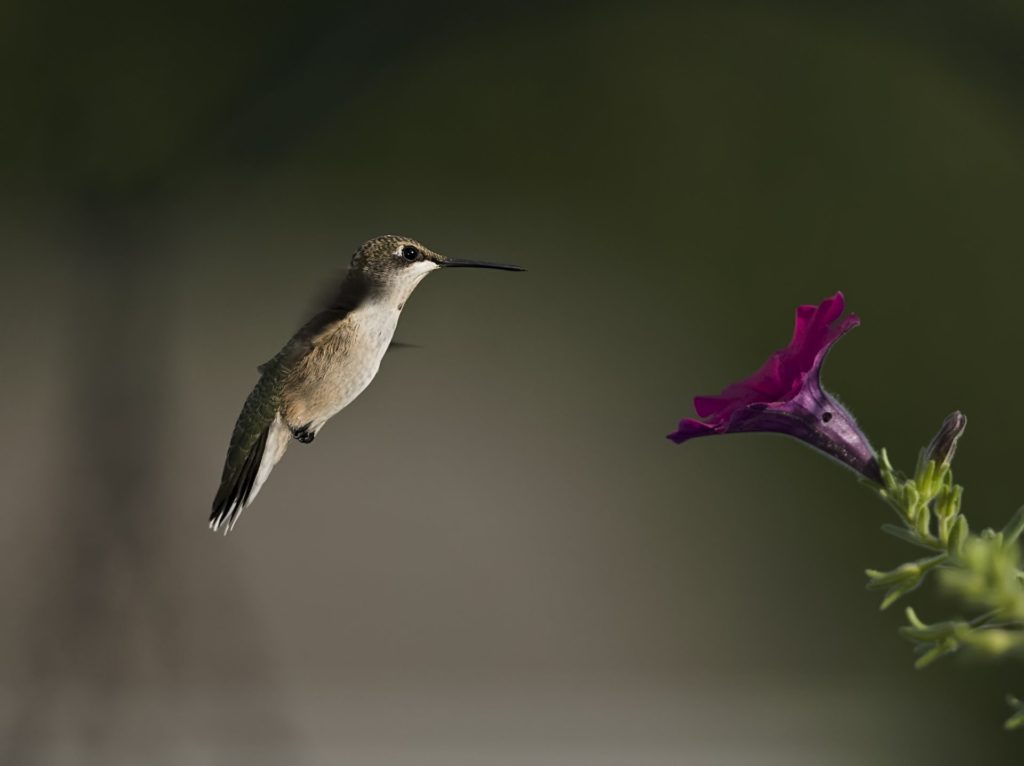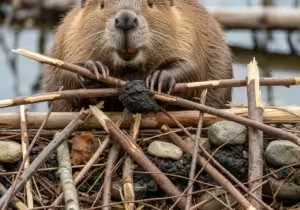Some plants might be more resilient to shifts in pollinator availability than we thought. A study of three South American petunias reveals that changes to a single gene determine whether a flower attracts bees, hummingbirds or hawkmoths. Petunia inflata’s purple flowers are pollinated only by bees, P. axillaris has white flowers that attract nocturnal hawkmoths, and the bright red flowers of P. exserta appeal to hummingbirds.

The three species differ in the degree to which their flowers absorb ultraviolet light, which is determined by mutations in the gene MYB-FL. Cris Kuhlemeier of the University of Bern, Switzerland, who led the research, said that in principle the simple genetics means faster adaptation. But he added, “I can’t imagine how that will solve the problem of honeybee-colony collapse.”















